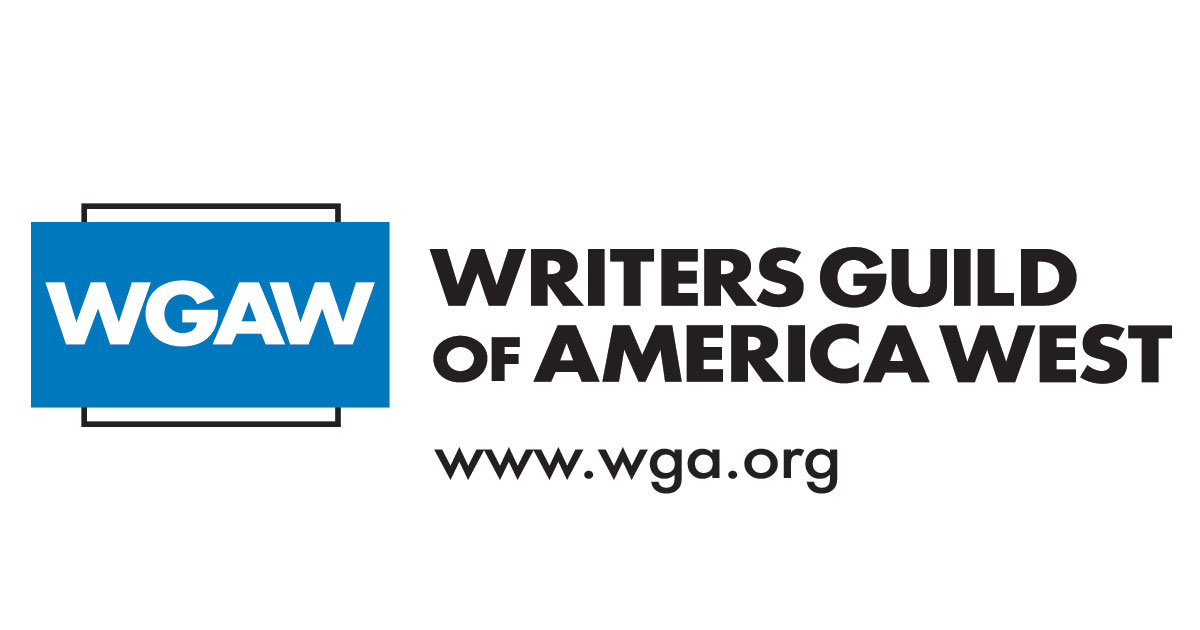Yup. Despite the idea of everyone being equal under the law, its a sad fact that rich people operate under “different” laws due to innate advantages like having better lawyers that are able to spend their full time on the case, ability to negotiate, etc. making corporations “people” was stupid.
so the people working with the original creator want the work respected while new-fangled untested writers want to change it because its “problematic.” Not surprised again.
Snow White is not my favorite fairy tale or even my favorite of the Disney classics but you cant deny its significance not only to Disney as a corporation but to animated film as a whole. Its one of Disney’s holy grails in a sense. You would thinknthey would have more care with one of the IPs that made their company.


